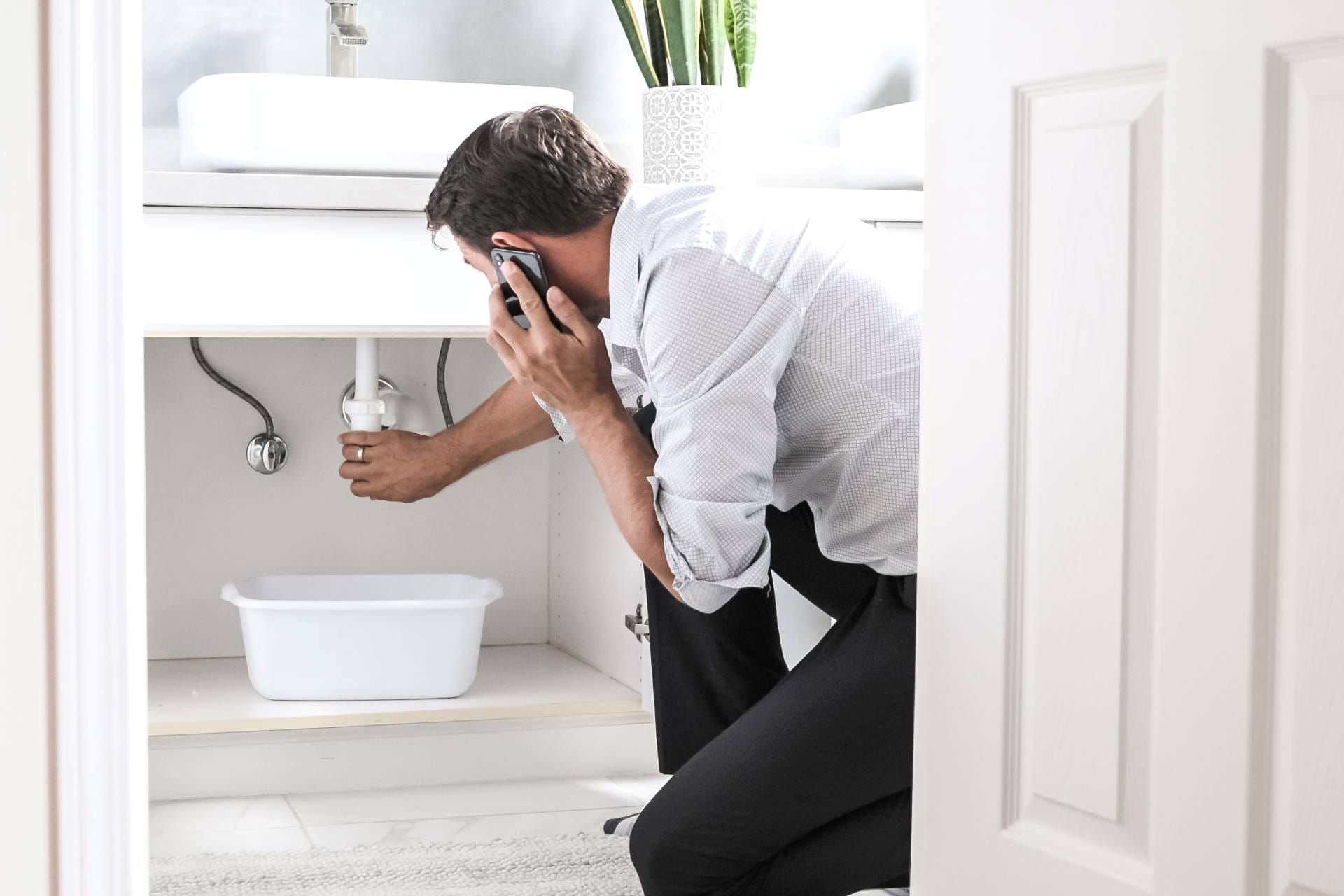3 Key Maintenance Tips for Home Plumbing

1. Check for Leaks
The first order of business is to assess your plumbing’s current condition. Doing a weekly check-up on your exposed plumbing is a simple yet effective way of determining any underlying issues. Take the time to look under the sinks in your house, along with the appliances and hot water cylinder. If you see any signs of leakage, it’s a good idea to hire a professional plumbing service to tackle the issue before it gets worse.
2. Prevent Blockages
Pipe blockages are the most common and preventable form of disruption that can occur to your plumbing. There are a few key things you can do to prevent them from forming.
Cover Your Drains
Installing a mesh or strainer at the top of your drains will prevent large materials from falling down your pipes and causing a blockage. This applies to the kitchen and bathroom sinks, or even to an external drain on the outside of your home. Any solid materials that get caught can then be disposed of in the bin or compost.
Watch What You Flush
The only things that should go down your toilet are waste and toilet paper. Toilet plumbing is designed only for those two materials, so disposing of anything else can easily cause a blockage and a big headache. Anything else should be disposed of in a bin or other designated waste facility. If you suspect something else has already gone down your toilet drain and is causing issues, then getting in a professional plumbing service to inspect should be a priority.
Keep an Eye on Oils
Another thing to keep an eye on is oils and fats going down your drains. Oils and fats may appear to go down the drain okay, but it’s what they do on the inside of your pipes that is the problem. Oils will often cool down and then solidify – clinging to your pipes and causing blockages over time. This is true of cooking oils and animal fats, but can also be a problem with beauty and sanitary products. There are alternative ways of disposing of your excess oil, ranging from burying it to soaking it up with paper towels and putting it in the bin. Check the options for disposing of your specific oil to avoid pouring it down the drain.
3. Service your Facilities
Your shower, toilet, and faucets should all be regularly inspected to ensure they are not leaking or dripping. A drip may not seem like a big deal, but even a slow trickle of water can add up to hundreds of dollars on your water bill. If the toilet appears to be slowly streaming into the bowl from the cistern, or if the showerhead is dripping water frequently while turned off, getting a plumber to service or repair these facilities will save your water bill from being overly expensive.
Call in a Plumber
Experiencing a leak or blockage? Need an expert on drain laying in Auckland? Or just wanting an expert to make sure everything is running as it should? Contact Pipeline Plumbing to speak with our friendly team and organize a professional plumbing service today.


